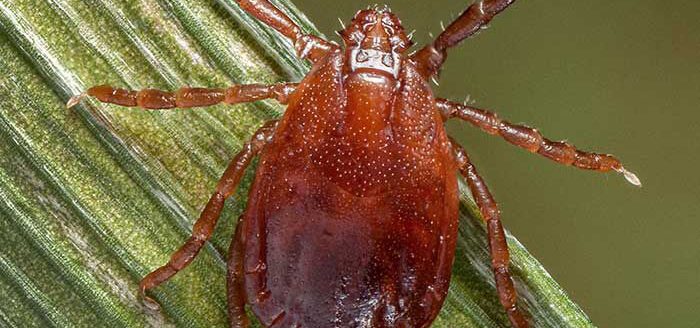After an initial investigation, Colorado Parks and Wildlife wildlife officers confirmed a wolf depredation incident has occurred on a domestic calf in North Park, Colorado.
Just after 9 a.m. on Dec. 19, a CPW District Wildlife Manager received a report of a calf carcass on a ranch in Jackson County.
The DWM responded and conducted a field investigation and necropsy on the carcass of the calf to look for evidence of pre-mortem wounds.
“The results of this investigation indicated wolf tracks in the immediate vicinity of the carcass and wounds on the calf consistent with wolf depredation,” said CPW Area Wildlife Manager Kris Middledorf.
CPW will handle reimbursement of the incident under its current game damage process as if the depredation occurred by mountain lions or bears. CPW is in the process of formalizing an official process for damage by wolves.
“CPW is working on draft regulations for the Commission’s consideration on hazing for these naturally migrating wolves in the state,” said CPW Director Dan Prenzlow. “Our goal is to provide producers with resources to minimize the likelihood of conflict or depredation as we work to create a statewide wolf restoration and management program as directed under Proposition 114.”
Depredation compensation is required by statute, and the final Colorado compensation plan will be part of the overall Gray Wolf planning process. Recent Stakeholder Advisory Group and Technical Working Group meetings have focused on the topic of depredation compensation; meeting summaries are available at https://www.wolfengagementco.org/advisory-groups.
Gray Wolves remain a state endangered species, and wolves may not be taken for any reason other than self-defense. Illegal take of a wolf may result in a combination of penalties, including fines of up to $100,000, a year of jail time, and a lifetime loss of hunting license privileges.
Colorado Cattlemen’s Association said in a release that in early 2021, CPW confirmed the existence of this pack in north central Colorado; however, individual wolves have been sighted in the area previous to the pack confirmation. Officials are working closely with the livestock producer to learn as much from this situation as possible as a mechanism to better inform Colorado’s current Wolf Restoration and Management Plan.
“On behalf of the livestock producer, who is a member of the Colorado Cattlemen’s Association, as well as Colorado Parks and Wildlife, we ask that the public refrain from disturbing the area and individuals associated with this wolf attack,” said Steve Wooten, CCA President.
While unfortunate, this wolf kill further brings to light issues that must be addressed by the Wolf Restoration and Management Plan, specifically:
- Lethal and non-lethal methods, including hazing, of wolves for conflict minimization.
- A guaranteed funding source that allows Colorado Parks and Wildlife to fairly provide the needed tools for prevention and compensation from wolf impacts.
- Impacts from wolves go beyond livestock death and injury, to include more far-reaching impacts on livestock performance, such as loss of pregnancy, weight loss, imbalanced range usage, etc.
CCA strongly encourages the members of the Wolf Restoration and Management Plan working groups and the Colorado Parks and Wildlife Commission to consider this wolf attack and the widespread impacts as a sentinel example of how livestock can be impacted by wolf introduction.




